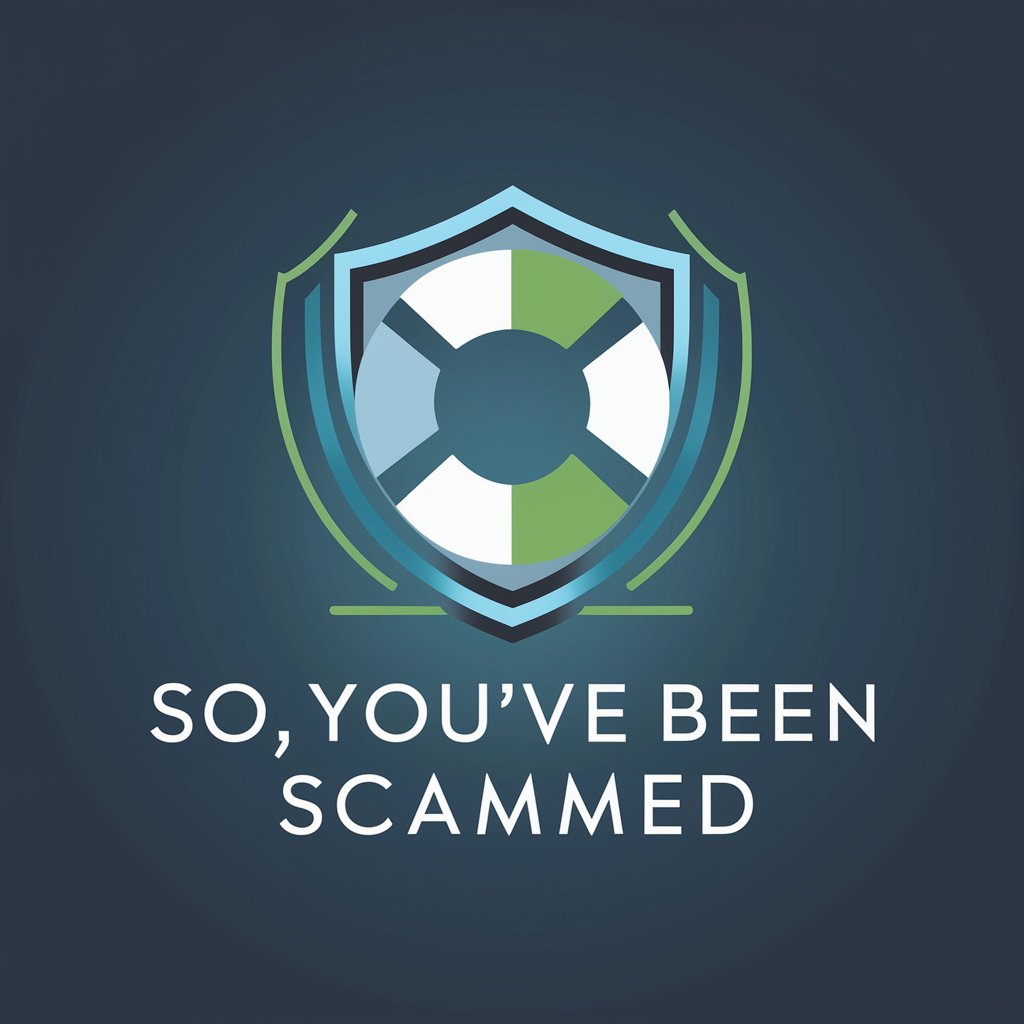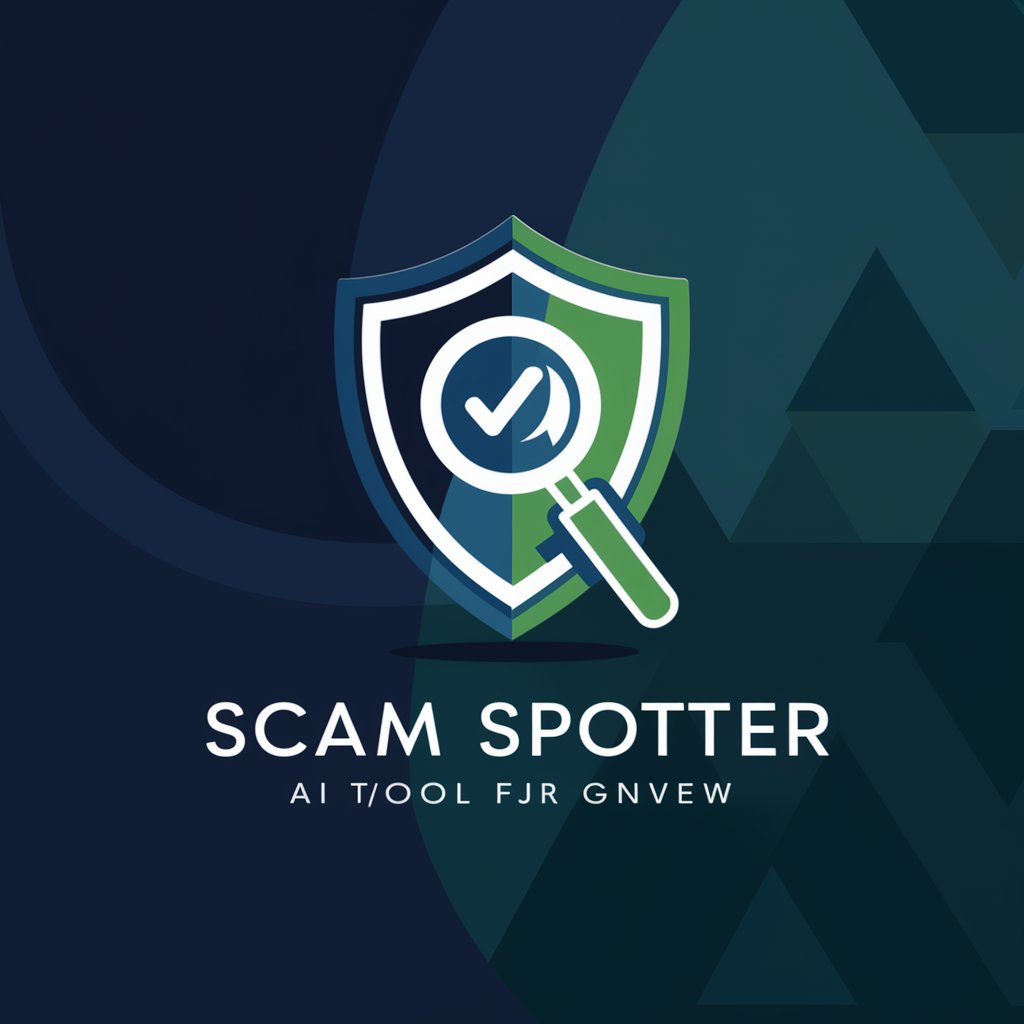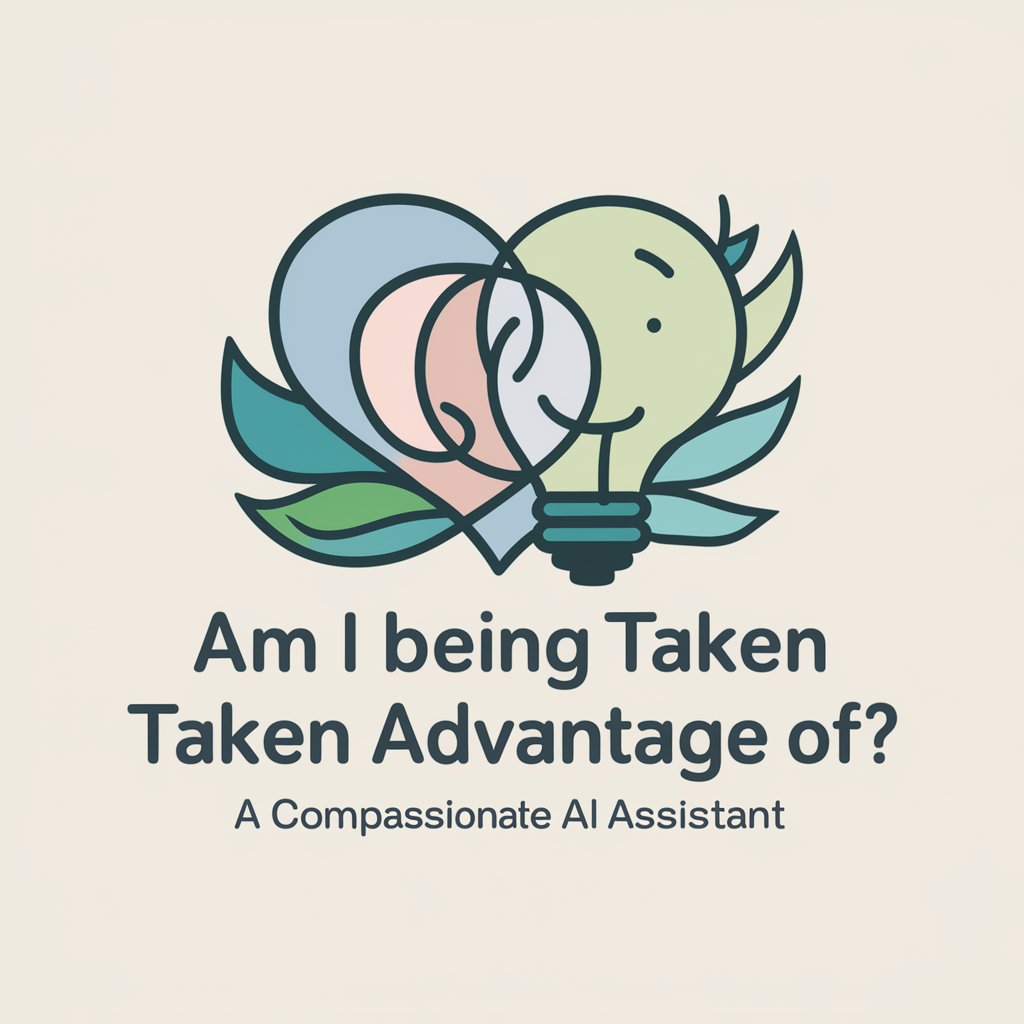
Am I Being Scammed - Scam Identification AI
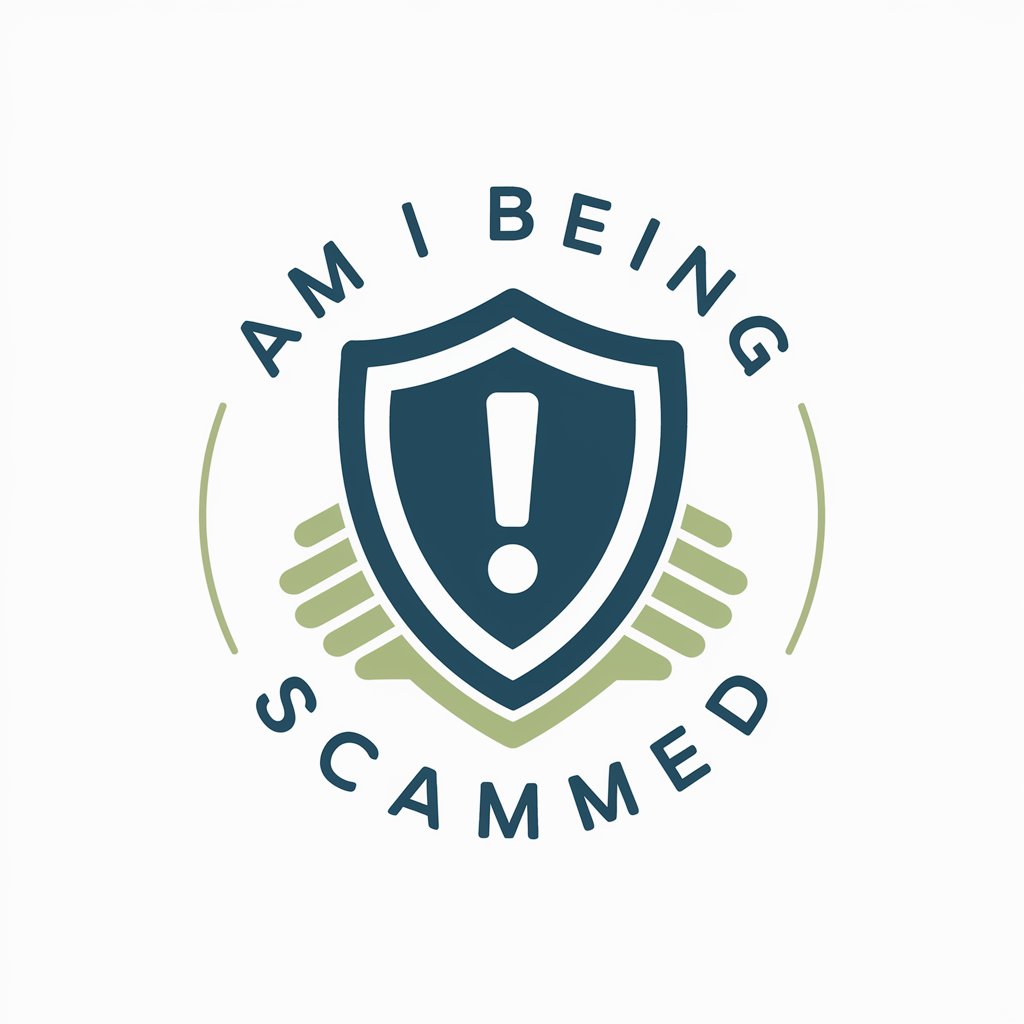
Hi there! Let's see if you're being scammed.
Detect Scams Instantly with AI
I received an email that seems suspicious...
Can you check if this website is legitimate?
I'm concerned about a phone call I got...
Is this online offer too good to be true?
Get Embed Code
Understanding 'Am I Being Scammed'
The 'Am I Being Scammed' service is designed to help users, particularly those who are not tech-savvy, identify potential scams. It operates by analyzing situations, stories, or images presented by users to determine if they might be facing a scam. The service emphasizes providing practical advice, encouraging users to take cautious steps and seek professional advice when necessary. For instance, if a user receives an email claiming they've won a lottery they never entered, this service would help them recognize the likely scam by pointing out common red flags in such scenarios. Powered by ChatGPT-4o。

Core Functions of 'Am I Being Scammed'
Situation Analysis
Example
A user receives an unsolicited email asking for personal information to claim a prize.
Scenario
The service would analyze the email's content, check for common scam indicators like urgent language, and advise the user to verify the sender's authenticity and not to provide personal information.
Preventative Advice
Example
A user is considering a too-good-to-be-true investment opportunity.
Scenario
The service would provide advice on how to vet investment opportunities, suggest conducting thorough research, and recommend consulting with a financial advisor before committing any funds.
Resource Linking
Example
A user suspects a phishing attempt through a suspicious link in a text message.
Scenario
The service would guide the user on how to report the phishing attempt to relevant authorities, and provide links to official resources for further assistance and to educate them on how to handle similar situations in the future.
Who Benefits Most from 'Am I Being Scammed'
Elderly Individuals
Older adults are often targeted by scammers due to perceived vulnerabilities. This service helps them recognize scams through simple, clear advice and teaches them to question unsolicited requests for money or personal information.
First-time Internet Users
New internet users may not be aware of common online scams. This service educates them about online safety practices, helping them navigate new digital experiences more securely.
Small Business Owners
Small business owners dealing with new types of business transactions online might face sophisticated scams like fraudulent invoices or fake service offers. This service can provide crucial support in identifying such scams and advising on preventative measures.

How to Use 'Am I Being Scammed'
Access the Tool
Visit yeschat.ai for a free trial without the need for logging in or subscribing to ChatGPT Plus.
Describe Your Situation
Clearly describe the situation or offer you're questioning, providing key details such as emails, messages, or offers received.
Ask Specific Questions
Frame your queries clearly to focus on identifying signs of scams, understanding the tactics used, or verifying the authenticity of communications.
Review the Analysis
Read the analysis provided by the tool, which evaluates the potential of a scam based on the information you've provided.
Take Suggested Actions
Follow the practical steps suggested to avoid or address scams, including contacting authorities or ignoring suspicious communications.
Try other advanced and practical GPTs
Rights of Being Compiler
Harnessing AI to Explore and Expand Rights

Mediation & Conflict Resolution Facilitator
Smarter Conflict Resolution, Powered by AI
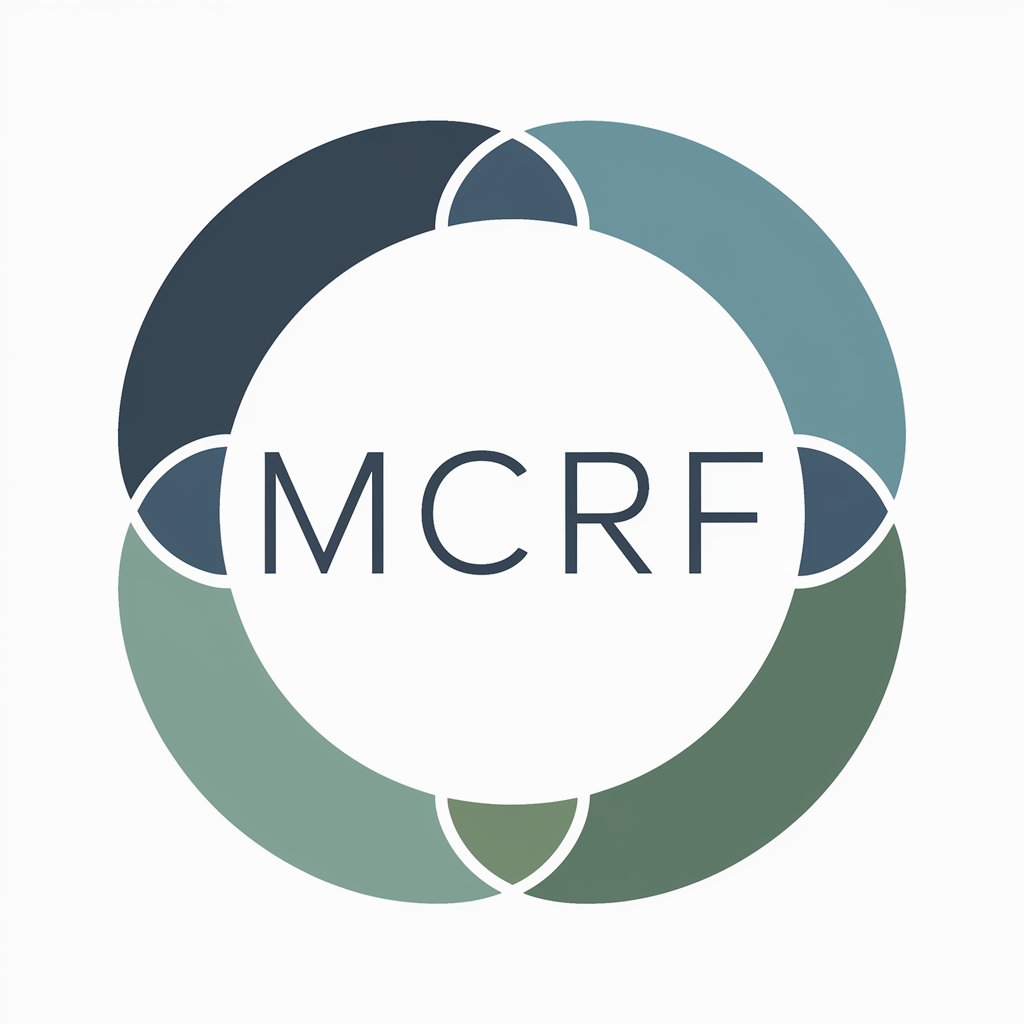
Product Picture Generator
Transform Your Product Photos with AI

Hyperrealistic Picture Generator
Craft Reality with AI-Powered Imagery

Picture Book Generator(绘本生成器)
Bringing Stories to Life with AI

AI-Picture Perfect Generator
Transform Your Profile with AI

Well-Being Guide
Empowering your journey to wellness

Mindfullness and Well-being
Empowering mindfulness with AI

Well-Being Buddy
Empower your well-being with AI
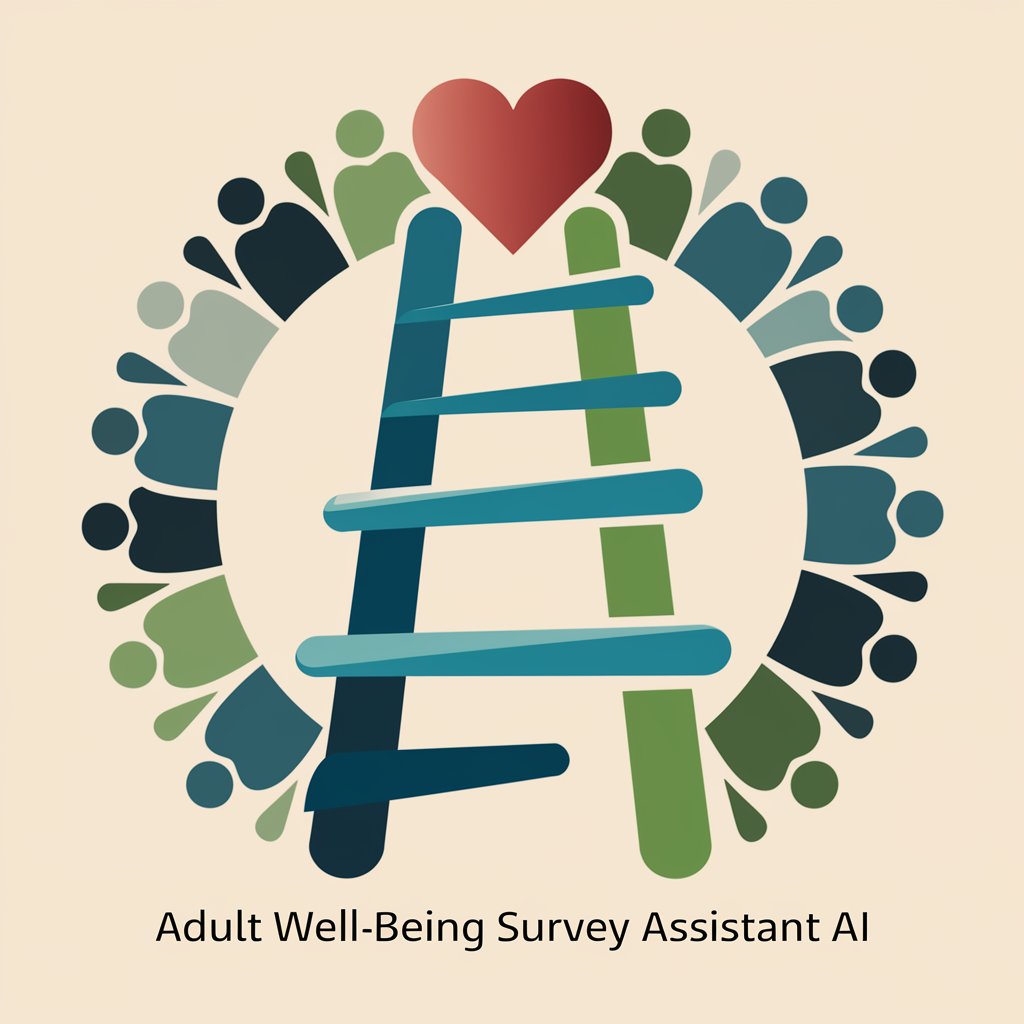
Being Awake
Empower your mind, AI-driven mindfulness

楽天ガイド
Empower your Rakuten sales with AI

Employee Policy Portal
Empower Your Workforce with AI-Powered Insights
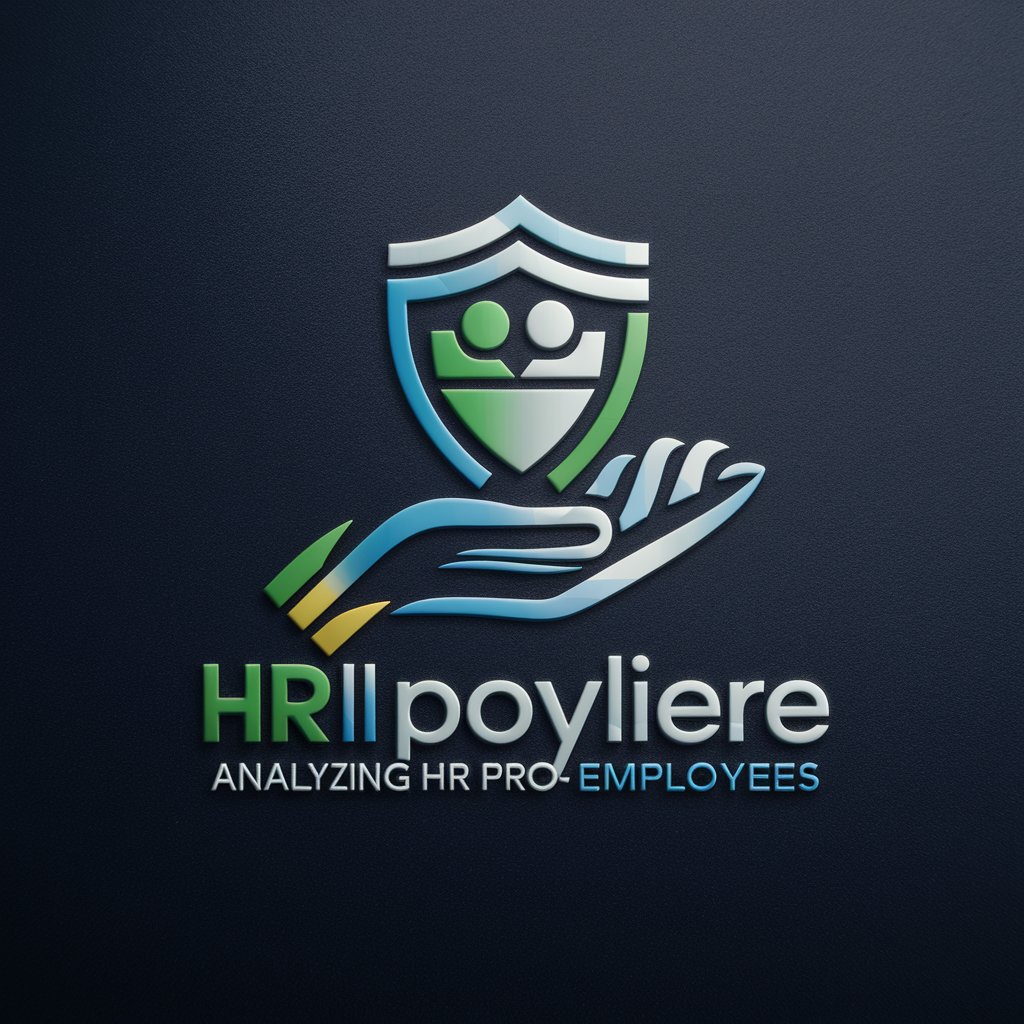
Frequently Asked Questions About 'Am I Being Scammed'
What types of scams can this tool identify?
'Am I Being Scammed' is equipped to identify a range of scams, including phishing emails, fraudulent investment opportunities, fake job offers, and online purchase scams.
How accurate is 'Am I Being Scammed'?
While the tool provides a strong preliminary analysis, its accuracy depends on the details provided by the user. It's recommended to use this as a first step and consult with professionals if uncertain.
Can I use this tool for any type of communication?
Yes, this tool can analyze any form of communication, including emails, SMS, social media messages, and website offers, to check for potential scams.
Is there a cost to using 'Am I Being Scammed'?
No, the tool offers a free trial that allows users to assess its capabilities without any initial cost or need to purchase a subscription.
What should I do if I identify a scam using this tool?
If a scam is identified, cease all communication with the source, do not share personal information, and report the incident to the appropriate legal or consumer protection authorities.

